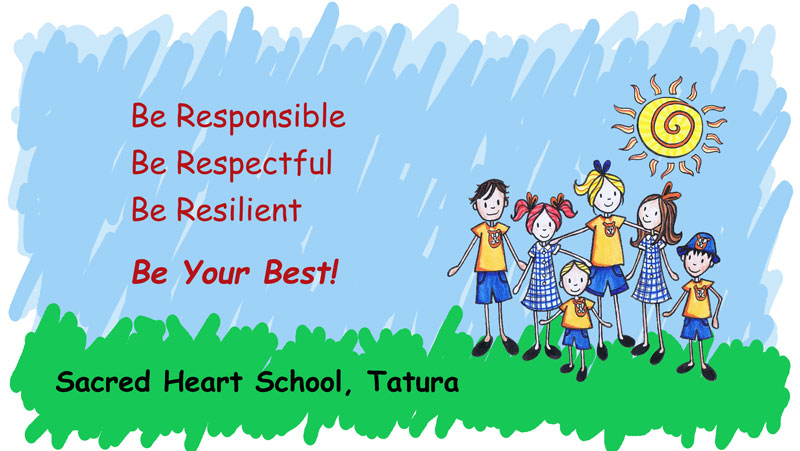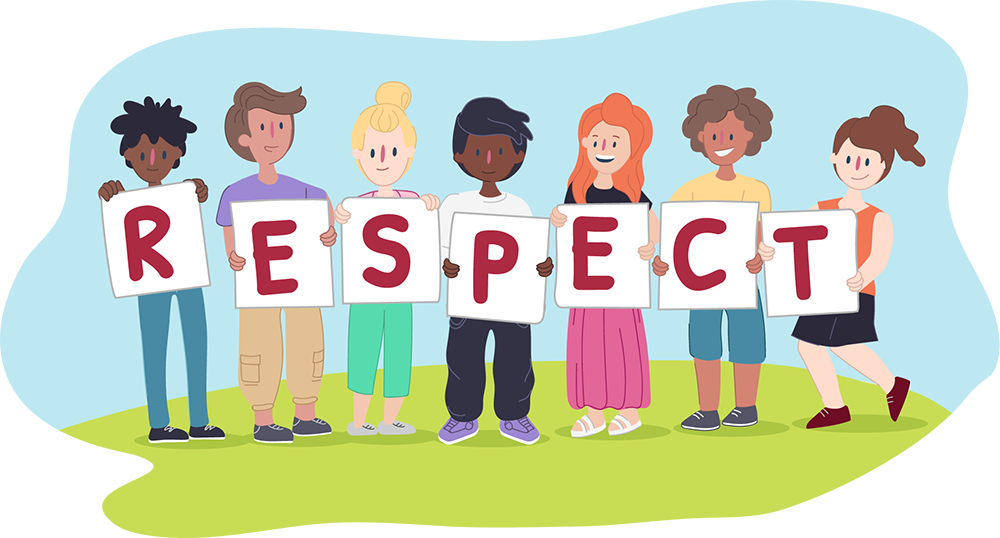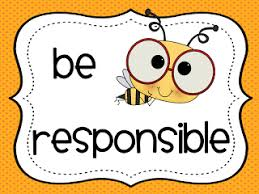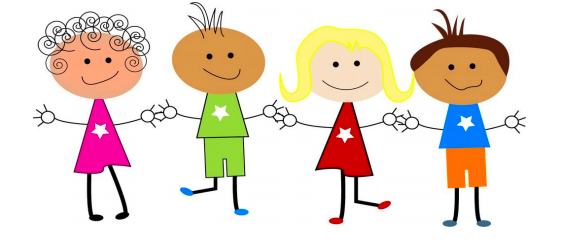Wellbeing MATTERS!

Wellbeing MATTERS!
Dear Families,
Can you believe another school year is over!!
We thank you all for your continued positive support. 2021 hasn’t been the smoothest of years for school, student learning and teaching but together we have reached the end, each of our families and staff should feel proud of their efforts and resilience shown.
I hope you celebrate the successes your child has had this year, not only the academic but the social and emotional progress each has made!
Today’s we’ll look at how to prepare for the HOLIDAYS! Yes, they’re almost here and we all need to take some time to ‘recharge our batteries’ and connect with family and friends but we also know that they can be stressful and exhausting and some of us may even dread the weeks to come.
Here are some tips to help you survive the holidays.
7 Ways to Reduce Holiday Stress
Think the holidays are stressful for you? They can be just as bad for your child. These strategies can help keep you and your child calm.
The holidays are all about fun and enjoying family—but the constant hustle and bustle can be just as nerve-wracking for kids as it is for adults. These expert tips can help decrease your child’s stress and make this time merrier for everyone. For starters, it’s important to recognise if you or your child are stressed.
Some signs of your child may be experiencing holiday stress may include:
- increased irritability or anger
- clinginess
- more crying, whining, or complaining
- sleep troubles (or sleeping too much)
- physical symptoms like headaches and stomachaches
- more or less eating
- isolation and/or refusal to participate in activities
To Reduce any Stress:
1. Stick to your families routines
We know things are crazy. You’re going to this and that place to shop for gifts, attending parties, meeting Santa, planning meals and cooking, and possibly traveling to be with loved ones (or doing the hosting in your own home). But do your best to maintain some of your routines. Children experience comfort through a routine, so as much as possible, stick to the same mealtimes, bedtimes and ‘rise and shine’ times that are usual for your child.
2. Give a heads up
Once you’ve figured out the family’s plan for the day, provide your child with a schedule. “Older children can read times on a simple list, but young children can benefit from a picture schedule indicating what order they’ll be asked to do certain things.” If you prefer not to create an actual schedule, it’s still a good idea to let your child know in advance when specific things will happen. For instance, explain that the family will watch a favorite holiday movie after dinner. Or let her know the two of you will wrap Dad’s gifts in the morning after he goes to work. “Simply being in the loop to prepare for what’s coming is a huge stress reliever for some children,” Coffman says.
3. Schedule in downtime
When coming up with your day’s events, pencil in some downtime. “Even a 15- to 30-minute break can help kids recharge and decrease the likelihood of emotional or behavioral problems later on,” says Zachary Adams, a pediatric clinical psychologist. So set aside time to read, play games, talk, or even laze around with electronics.
If you notice your child’s anxiety building during other times of the day, let her take an impromptu break. It’s a good idea to explain to your child beforehand that if she becomes overwhelmed, they can find a quiet room, take deep breaths, ask you to talk outside, or listen to music in headphones to help feel better.
4. Let your child express themselves
Give your child permission to come to you if they need to get something off their chest—even if it’s only to complain about how Aunt Maddie keeps pinching their cheeks. Paper and pen (or crayon) also come in handy. “Give your child paper to draw or write about whatever is making them feel sad, mad, or upset,” Dr. Reznick says. Allowing your child to express their feelings gives them a chance to release them, and labeling the emotion (“You feel sad because Uncle Johnny is away “) can help your child better understand what they’re feeling.
5. Work up a sweat
Exercise causes the brain to release endorphins, the body’s feel-good chemicals, which can reduce stress. So make sure your children get lots of physical activity during the day, whether that’s going for a walk, playing in the sandpit, or putting on music and dancing around the house.
Don’t forget to exercise when you’re traveling. If you’re going to be in the car for more than two hours (or even less for younger kids), Coffman suggests incorporating a hearty dose of physical activity at intervals throughout the day. “For example, jump on a mini-trampoline before leaving, play a game of tag at a rest area,” she says. Letting your child stretch their legs and burn off some energy can keep grumpiness at bay.
6. Just say “no”
A major way to tame some of the craziness associated with the holidays is to skip out on some activities. You don’t have to attend every gathering, and you and your children don’t have to see every single member of your family. Another option is to not drag your child along all the time. You both can take turns running errands while the other watches the kids. Or you could ask a family member to look after the children.
7. Keep yourself in check
“Children of all ages look to their Parents for cues about how they should think, feel, and act,” says Dr. Adams. So make sure you manage your own stress. “Parents need downtime during the holidays just like children, so carve out some time, even if only a few minutes, to do something calming or enjoyable for yourself.” Setting plans and making lists can help break down overwhelming holiday tasks into less stressful, more manageable ones. Also, practice healthy coping skills, such as writing in a journal, meditating, exercising, or talking to a supportive family member or friend. Another tension-reliever is to simply enjoy the holidays. Take in the lights, sing some carols, and smell the wonderful aromas, Dr. Heathman says. Soaking in the holiday cheer can make the season more enjoyable for you and your child.
(an adaptation of Tamekia Reece’s piece - she specializes in health, parenting, finances and travel.)
So, happy holidays everyone! Take care and stay safe!
Please feel free to contact me if you have any concerns or queries.
Debbie Turvey
Pastoral Wellbeing & Learning Diversity Leader
dturvey@shtatura.catholic.edu.au
(03) 5824 1841
Stay tuned in our school newsletter for more ideas and conversations around promoting wellbeing and learning in our school community.
Have a great week, make the choice, be your best!







